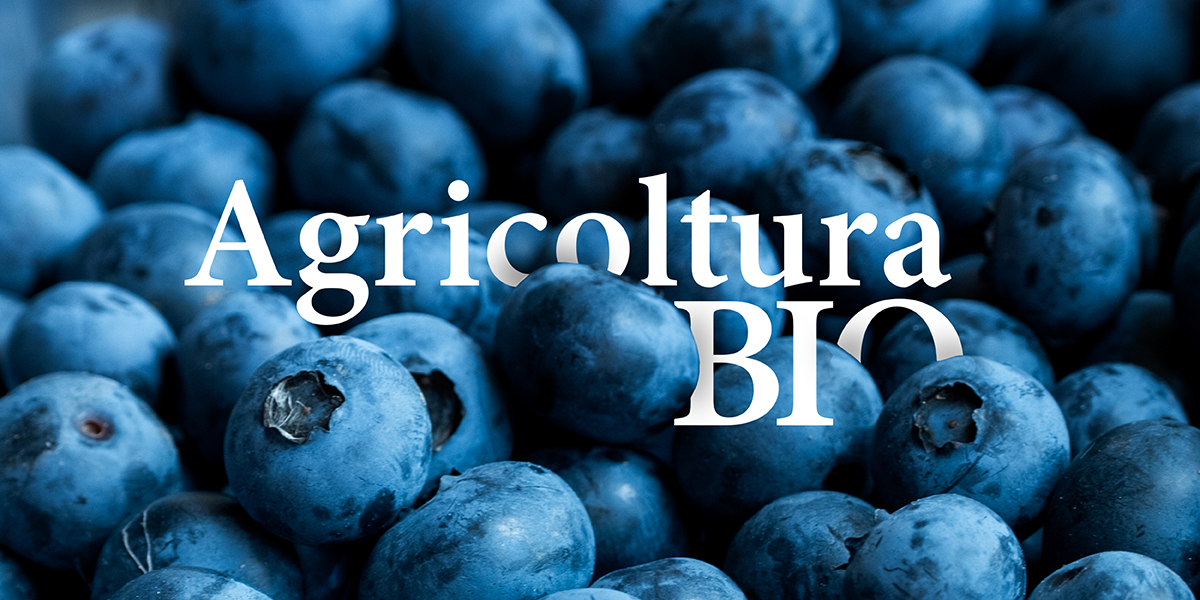


In the 1940s, the organic farming movement emerged in the United Kingdom and the
United States, abandoning intensive
farming practices and opting for a more sustainable and natural approach.
In the 1970s, organisations and associations were born to promote this practice.
In 1972, the International
Federation of Organic Agriculture Movements (IFOAM) was founded, which outlined the basic
principles of organic
farming and established a certification system for organic producers.
The 1980s and 1990s saw a further increase in the spread of organic farming worldwide. More
recently, this farming
practice has gained more and more supporters, with a significant increase in the number of producers adopting
sustainable farming methods.
The food industry has become increasingly committed to embracing more sustainable practices, and the growing
demand
for organic products shows that organic farming is set to grow further, offering a
long-term solution to ensure food
security and promote global health.
Today, organic production, as defined by the European Regulation (EC 834/2007) is:
‘an overall system of farm management and agri-food production based on the interplay between best
environmental practices, a high level of biodiversity, the preservation of natural resources, the
application of
strict animal welfare criteria and production that meets the preferences of certain consumers for products
obtained
using natural substances and processes’
From these objectives, it can be understood how the application of environmentally friendly cultivation practices plays a major role in achieving satisfactory production even with reduced means of defence, limited to those provided for in the European regulation.
In particular, as far as plant production is concerned, among the main practices that must be adopted in cultivation to facilitate plant and fruit defence, we highlight:
Complementary to these practices, the products permitted in this production system can be used, which both by their nature (photolabilità and limited persistence) and their small number will have to be placed precisely, in a timely manner and following careful evaluation.
In conclusion, organic farming is a vital solution for sustainable food production, and its growing popularity is a sign of hope for a more sustainable and environmentally friendly future.